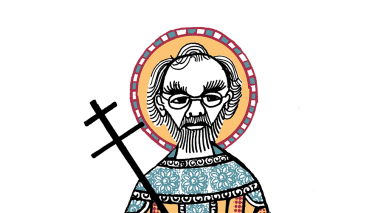
‘The President tells me that too much regulation is harming business,’ Margaret Thatcher said, the moment I walked into her office for my weekly meeting. I had been appointed minister without portfolio some months earlier and the Prime Minister had just returned overnight from her latest summit with Ronald Reagan.
‘You had better believe it,’ was my somewhat flippant reply — and for my pains I found myself minutes later with my own cabinet sub-committee on deregulation. This was the beginning of years of deregulation efforts by successive governments, which gradually faded until today, when all that remains is in the name of the department for ‘Business, Enterprise & Regulatory Reform’, which replaced the DTI.
At the start there was clear evidence that over-regulation cost jobs. Unemployment was endemic and the political priority of the day was the economy. The main thrust of all we did was to restore the primacy of the market, so necessary after decades of post-war central planning. In our rush to deregulate we forgot that there were areas where regulation was still essential, and areas where it was not.
It was clearly essential to reduce employment protection, and that worked wonders. ‘Health and safety’ was much more difficult. Every time we tried a reform, a powerful lobby would arise. In those days you did not argue with men in white coats with clipboards, but we had no idea that over the years their power to interfere would reach the proportions of today, when it governs all aspects of our lives. What we had not foreseen was the arrival of EU regulation, the first successful invasion of our country since 1066. We should have known that if you create a European parliament with no responsibilities and little to do, it would end up devising regulation after regulation.






Comments
Join the debate for just £1 a month
Be part of the conversation with other Spectator readers by getting your first three months for £3.
UNLOCK ACCESS Just £1 a monthAlready a subscriber? Log in